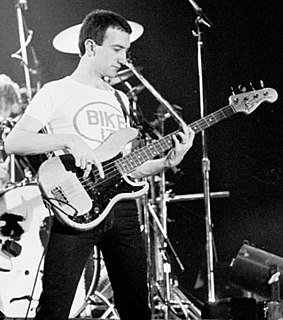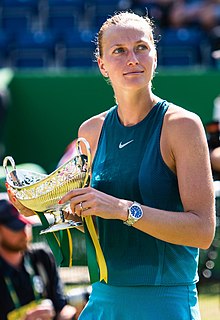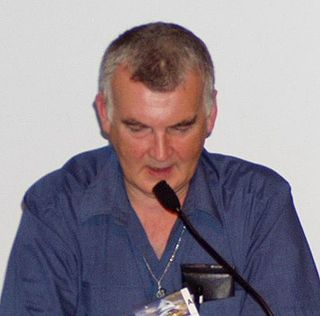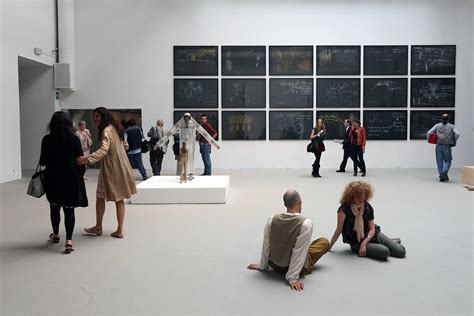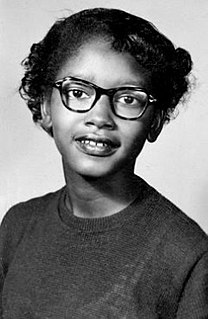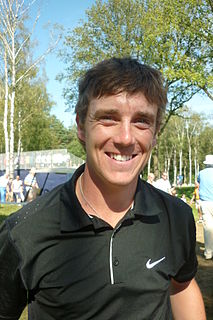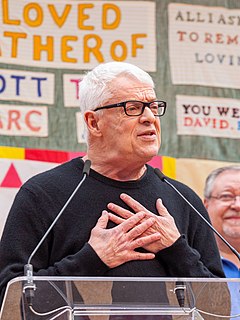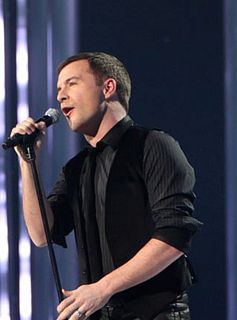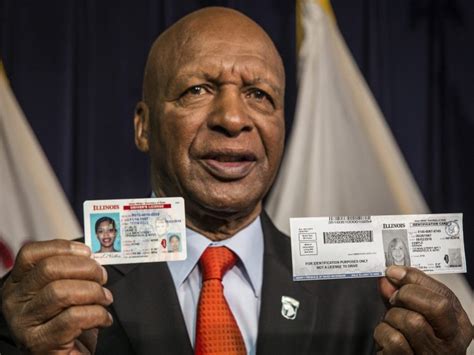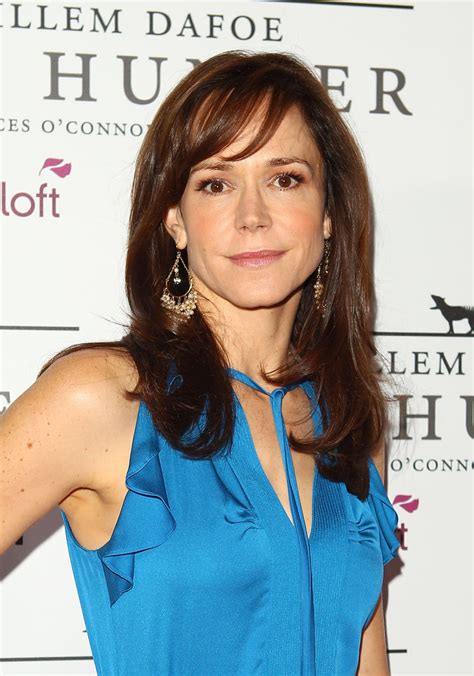A Quote by John Deacon
I didn't actually realise what apartheid meant. I'm probably a bit naive, but I thought it was more of a vague segregation, like on the beaches and buses.
Related Quotes
There's a point when you're dating someone where you become aware of all the things you kind of thought you couldn't depart from. You kind of build all of these nostalgias and sort of antiquated memories in your mind, and when you're at the point during the breakup, you realise, "you know what, it actually takes a bit more than all this bullshit".
As a culture or a civilisation, we are a bit juvenile; it's like 'Oh, I have all this power, whoa, this is so cool, I can transform the earth and I can produce all this wealth. But we're blinded by our success in a naive way. There's more to life, actually, and I think the sustainability issue is also helpful in reminding us about that.
I go back to the parallels with 1963, 1964 when white America really became aware of the brutality of segregation, the cruelty of the apartheid system which existed in the south. Then white people began to get on the freedom buses and travel to the south and be part of the voter registration drives and they... some of them were beaten and some of them were murdered but they stood with the African-American community and the civil rights movement. It's time for straight people to do that today and it is time for gay people to insist that they do that today.
Even if that statement was ambiguous, we kind of wanted to cause a stir. We thought that by having the name "Cabaret Voltaire", that with it came a certain responsibility. It wasn't meant to be purely entertainment; it was meant to be something a little bit more serious - and to provoke people - wrapped within an outer wrapping of entertainment.
